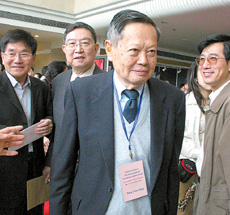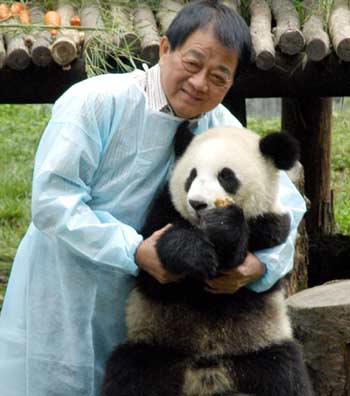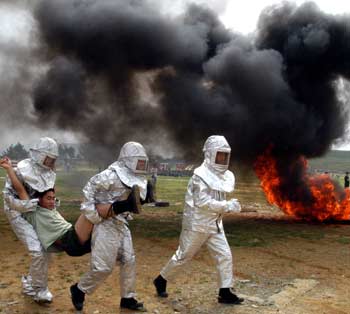|
Schools of thought divided over education
By Raymond Zhou (China Daily)
Updated: 2005-08-29 05:34
Is China's educational system successful?
A prominent scholar, C. N. Yang, has recently added fuel to this
ever-smouldering fire.
 |
| Yang Zhenning | Yang, a Nobel laureate in physics, said on August 14 that "China's higher
education is quite successful in teaching the young people." His remark set off
a barrage of criticism and rebuttal. In a survey by China Youth Daily, only 2.1
per cent respondents took his side.
Yang, a Chinese American who has taught or lived in China for an accumulative
total of 20 years and in the United States for 60 years, based his appraisal on
a lifetime of observations. For example, the Tsinghua University freshmen he has
taught are "more solid in their knowledge, more attentive in class and more
hard-working than their US counterparts." They can rattle off mathematical
formulae with ease while US college freshmen are still playing around and not
yet settled into a serious learning mode.
However, these are exactly the symptoms of malaise in China's education in
the eyes of critics. The current system cannot create first-class talent,
according to Shing-Tung Yau, a Harvard professor whose piercing censure of the
system has been reported as the most convincing refutation of Yang's
observations.
There are many reasons for grumbling, but at the core of
the issue is a cultural conflict: Which method of teaching is better? The
traditional Chinese pedagogy, as personified by the truism of cramming textbooks
down the throats of students, or the Western way of inspiring students and
letting their creativity run free? Some call it the "American way," which they
believe has given rise to the abundance of world's leading scientists and
artists in the US.
|
 | | | Taiwan experts in Sichuan for panda selection | | |  | | | Police drill in Guizhou | | |  | | | Grape-eating contest in Xinjiang | | |
|
 |
|
 |
|
|
Today's
Top News |
|
|
|
Top China
News |
 |
|
 |
|
|
|
|
|
|